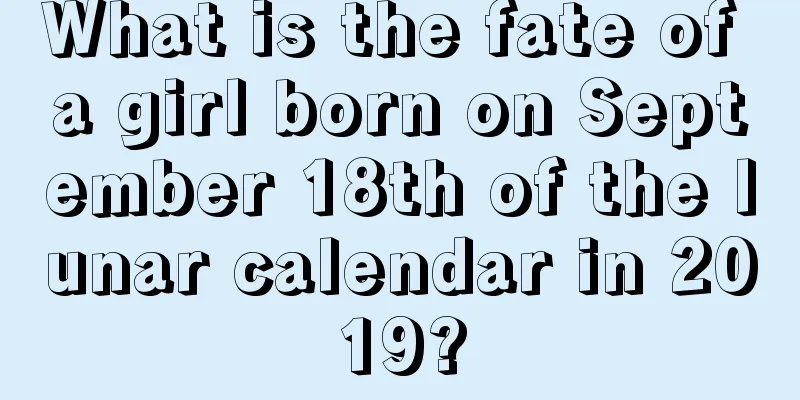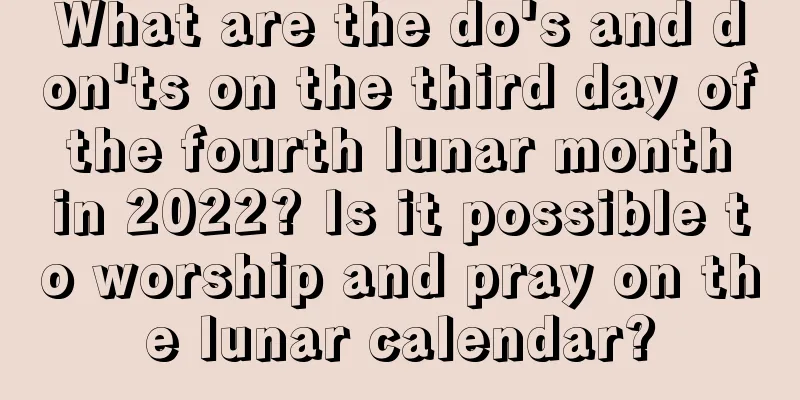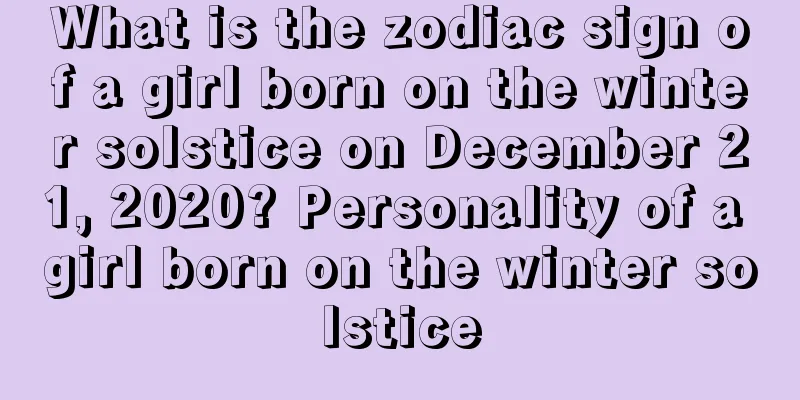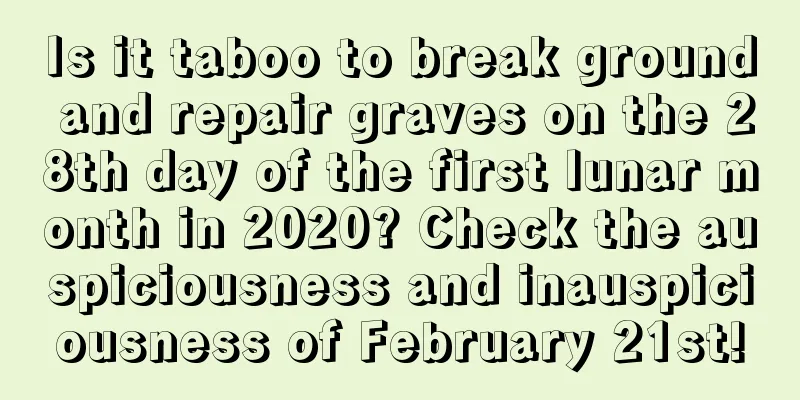What does “Summer Solstice Song” mean?

Chinese people are particularly fond of the number nine, so many places are described using the number nine. So what does the "Summer Solstice Nine-Nine Song" mean? Let’s find out together. The fifth month of the lunar calendar is also known as: Midsummer, Pomegranate Month, Pu Month, and Gao Month. The fifth month of the lunar calendar means the arrival of summer. Let’s take a look at the fifth month of the lunar calendar in 2018 with the Fortune Teller website.What is the “Summer Solstice Song”?From the 19th to the 29th, don’t let go of your fan;Thirty-nine twenty-seven, sweat has torn my clothes; Forty-nine thirty-six, the roof is fully exposed to the sun; On the 45th day of the 59th month, do not enter the house to enjoy the cool air; Sixty-nine fifty-four, cool in the morning and evening; Seventy-nine sixty-three, the quilt is replaced by the sheet; Eighty-nine-seventy-two, cover with a thin quilt; Ninety-nine eighty-one, prepare winter clothes. What does the “Summer Solstice Song” mean?There are not only folk proverbs about the "Nine Days of Cold" in the cold weather, but also another kind of "Nine Days of Cold" song, which starts from the summer solstice every year. It is called "Nine Days of Cold" in the summer solstice, which is applicable in most areas of northern China:From the 19th to the 29th, keep the fan in your hand; from the 39th to the 27th, ice water is as sweet as honey; from the 49th to the 36th, your clothes are soaked with sweat; from the 59th to the 45th, the breeze dances above the trees; from the 69th to the 54th, it is too late to enjoy the cool air; from the 79th to the 63rd, sleep with a sheet; from the 89th to the 72nd, be careful of catching a cold; from the 99th to the 81st. Every family is looking for cotton clothes. "Nine" is a commonly used miscellaneous festival in the Chinese lunar calendar. The ones that have been passed down today are "Winter Nine-Nine" and "Summer Nine-Nine". "Winter Nine Nines" starts from the winter solstice, with every nine days being one nine, and nine nines in a year totaling eighty-one days. The 39th and 49th days of winter are the coldest seasons of the year. "Summer Nine Nines" starts from the summer solstice. Every nine days is one nine, and there are eighty-one days in total every year. Similarly, the 39th and 49th days of winter are the hottest seasons of the year. Nowadays, the contents of "Summer Ninety-Nine" vary from place to place, but they all vividly reflect the relationship between dates and phenology. Since the temperature difference between north and south of my country is small in summer and large in winter, the "Summer Ninety-Nine" does not have the limitations of the "Winter Ninety-Nine" and has a wider scope of application. The following "Song of the Summer Solstice" was found on the elm beams in the main hall of a Yuwang Temple in Laohe City, Hubei Province. It is regarded as the "Summer Solstice" that best reflects the climatic characteristics of most parts of my country. |
<<: What are the taboos during the Summer Solstice? What can and cannot be done?
>>: What does Summer Solstice mean? What’s the weather like during the summer solstice?
Recommend
What will be the fate of a baby boy born on May 29th of the lunar calendar in 2018?
In traditional numerology, it is believed that eve...
Where is the direction of the God of Happiness on September 16, 2017 in the lunar calendar?
Good days are always in the late autumn season, a...
What fruits are healthier to eat during the Spring Festival?
The Spring Festival is a time for playing and eati...
Is the ninth day of the ninth lunar month in 2020 an auspicious day for opening a business?
Is the ninth day of the ninth lunar month in 2020...
Analysis of the date of December 24th in the lunar calendar in 2021. Is that day an auspicious day?
Different days have different qualities of good an...
Can I get married on July 21st of the lunar calendar in 2017? Can I get engaged and register for a marriage certificate?
1. What day is July 21st in the lunar calendar of...
Is it appropriate to worship ancestors on Double Ninth Festival in 2017? Why is Double Ninth Festival also called Senior Citizens’ Day?
The Double Ninth Festival is a traditional festiva...
Is the ninth day of the seventh lunar month in 2020 not suitable for marriage?
Is the ninth day of the seventh lunar month in 20...
Can I burn incense and pray on the tenth day of the twelfth lunar month in 2018? What is the hexagram of the day?
China has a long history and cultural heritage, an...
When is the Chinese New Year in 2018? What are the taboos during the Spring Festival?
As the year draws to a close, we are about to ushe...
Is the heavy snow on December 7, 2020 an auspicious day for engagement? The meaning of heavy snow is not cold but drought next year
Introduction: According to our folk sayings, it is...
Query the auspicious and unlucky time of December 22, 2017, and the auspicious and unlucky time of December 22, 2017
Most traditional festivals are concentrated in th...
Is it suitable to get a haircut on May 22, 2019 in the lunar calendar? Is it okay to get a haircut today?
Is it suitable to get a haircut on May 22, 2019 in...
Is it a good idea to worship our ancestors on October 28th of the lunar calendar in 2021?
Speaking of ancestor worship, I believe everyone i...
Analysis of the 26th day of the 10th lunar month in 2021. Is it a good day to hold a funeral?
The pros and cons of holding funerals at different...









